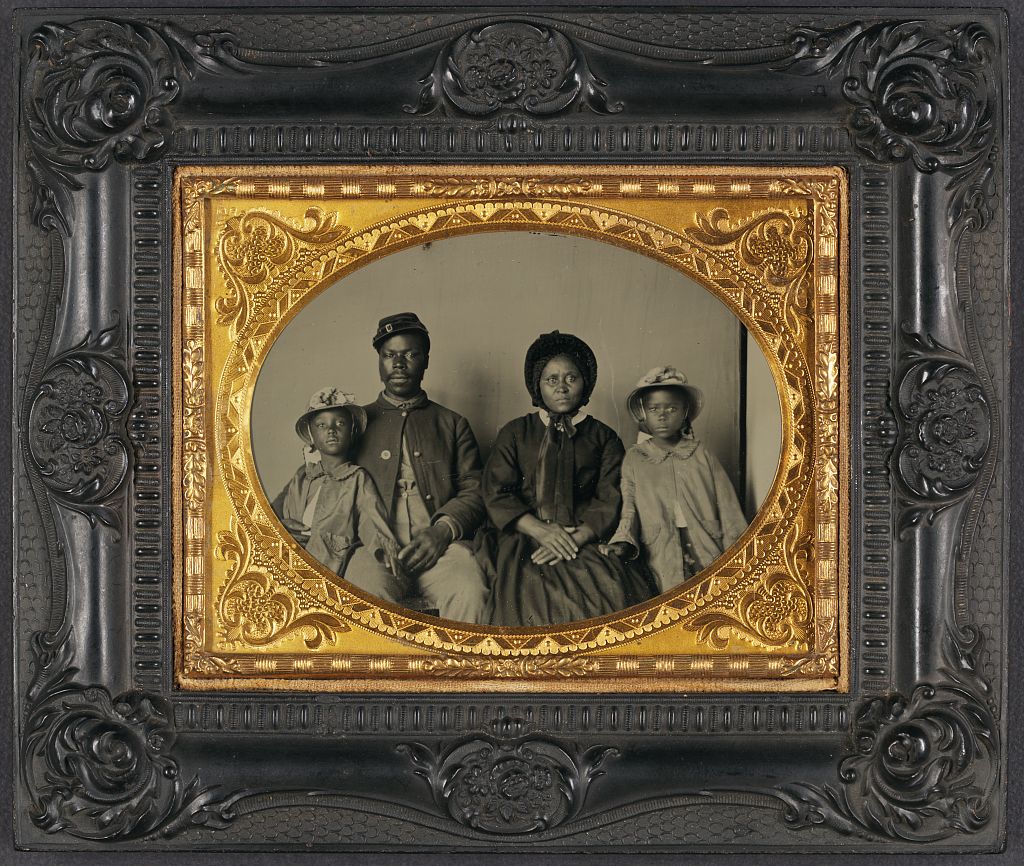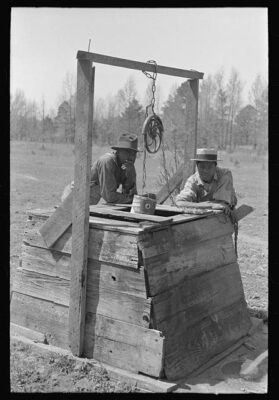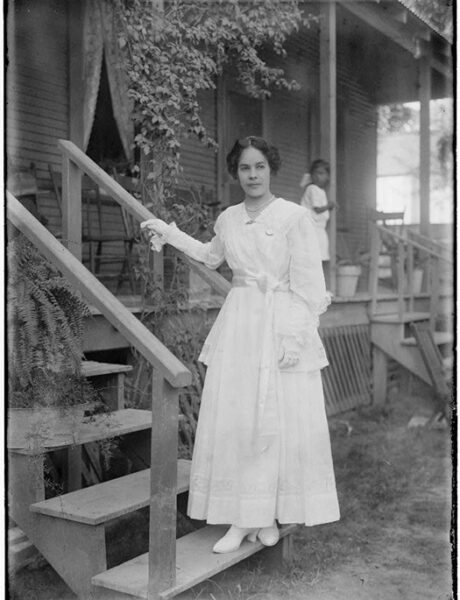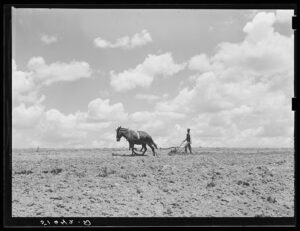Southern Legitimacy Statement: All of my ancestors before my generation were born in Alabama. Because my father as a career Army man, I was born in a military hospital. But every summer, we went “home” to Alabama to see grandparents, cousins, aunts, and uncles. We moved to Alabama after my dad’s retirement and I spent nineteen years there until emigrating to Michigan to take a college teaching job.
As much of a Midwesterner as I may seem, I can’t take the South out of my! My memoir, “Searching for Nannie B,” was an exploration of the impacts on me and my mother of her mother’s death in childbirth. I had to go back to Alabama, and I still go back in my dreams and my writing.
Do You Hear the Ghosts?:
Francis Marion Chandler
1835-1899
Union Cemetery, Woodville, Alabama.
Dear Great Grandfather. You’re buried in
a cemetery haunted with the screams of
dying Rebels. Do you hear them?
I fought for the holy cause against Grant
at Fort Donelson, Tennessee, saw us go
down in dust, surrender to the Yanks.
We gave up the gateway to the Confederacy,
the Cumberland River on that day
in February, 1862.
Made up for it in ’64, at Big Shanty.
Sherman had control for two weeks,
June 10-24. But we overcame him,
went between two mountains, killed
more than 3000 Yanks.
Then there was Fort Deposit. I was so
proud to be in that fight! We couldn’t
hold the Cumberland, but we held
the Tennessee River, the sole entry
to North Alabama (‘cept by wagon
or horse). Felt like I did something
that day, 15 November, 1864, helped
protect my home and family in Jackson.
Jeff Davis’ 4th Regiment, Alabama Cavalry,
we were. Companies G and B. Made to
corporal by the time I mustered out in
May, 1865. Think I would have stayed in,
fought for the cause, if Lee hadn’t
surrendered to Grant at Appomattox.
So do I hear the ghosts of my Rebel
brothers crying out at night?
Indeed, I do. Just wish I could have
helped more of ‘em. Wish I could
have stayed in the fight longer. Wish
we’d won the war.
I’m a man who could have died,
could have been buried here in
Union Cemetery before my time.
I made it, and they didn’t.
I married Euphremia in ’68,
we started our family. Five kids,
four boys and a girl. Ran a farm.
Did ok with my life. In fact, in 1870,
I had $800 real estate and $400
personal estate.
So yes, every night I hear the screams
of my brothers. Still wish
I could do something to help ‘em,
something to ease their pain.
Minzie Mary Russell Reflects on the
11th Regiment, Tennessee Cavalry
August 1, 1863.
I didn’t want them to go. Told Archie,
“My boys don’t b’long with that Tennessee outfit,
where they don’t take good care of them ‘Bama boys.’”
Did he hear me? No indeed. Never does listen.
All he cares about is this rebellion, the pride of region,
state, farmland where them slaves work and sweat,
sweat out their hearts over cotton, bend and stoop,
gasp in the bald heat of cotton-picking summer.
All any of ‘em care about is this gall dang war,
men shootin’ at other men, some of ‘em young enough
to be in school. Why, I even had plans for Calvin,
my youngest, my baby. Wanted him to go to East Alabama
Male College, learn Latin, maybe Greek, make something
of himself b’sides just being a farmer. Maybe be a lawyer,
like Abe Lincoln. Not telling Archie that part, for sure.
He’d probably never let me back in the house.
Don’t matter anyway, now that Calvin’s gone,
dead months ago, end of March, 24th, to be exact.
Buried in the Russell plot when I’ll be laid to rest
someday not too far from now. Joined the war
only one month after the Tennessee came together
with some other companies. It was only one month
before my Calvin died.
I’m weary, tired to the bone after birthing eight babies,
after raisin’ them to work hard, plow and cut,
bake and clean. What’s the point anymore, when
my baby boy, my favorite, is dead. All because of this
stupid war. Tired, weary to the bone.
Vigil Strange:
March 27, 1863
My little brother, I stood over you–ill,
on a pallet, rebel uniform torn, smudged with blood,
shit mud. In the morning, you couldn’t even drink
the coffee we boiled in camp, after we brushed off the
maggots from ‘top of the beans. You couldn’t eat
the sloosh we fixed—corn meal and bacon grease,
nothing like the cornbread and greens Mama fixed
for us. We had to do with what we had.
When I heard that rebel yell in Brentwood,
the morning after you died, I didn’t want to
fight, didn’t want to go against Col. Bloodgood.
I didn’t care whether we called a truce or whether
he surrendered. My baby brother was gone.
All I could do is stand with my musket, wait
for the cannon balls to blast, splitting my ear
drums, while horses bellowed. I could only walk
forward toward the line of Billy Yanks,
like the dead man I already was.
Afterward, after we won that battle, I stepped
over the piles of bodies, Yankees mostly, and
trudged back to camp to find you, shrouded
and lying on the ground. I buried you in a
shallow grave, one of our fellows playing
“Dixie” on his harmonica. Only a few stood by.
I read from the Bible, Ecclesiastes, time to be born,
and a time to die; a time to plant. But mumbled
the rest about killing under my breath,
not believing it was yet a time to heal.
I remembered those verses from Bethel Church
where we’d sing our hymns without instruments,
where our elders or deacons would read from
the text, sometimes these same words I read over your
young body. Those words didn’t make any sense to me
when I heard ‘em before. When I read ‘em over you,
I didn’t want to believe there is a time to die.
I still don’t. At least not the time for you to die now.
Speaking of believin’, I think about all that singing,
all those words about peace and love, we heard at
church. I think about how and why we’re fighting
this war. Why, when our family doesn’t even
own slaves! Never have, never will, is my pledge.
I’ll take you home, young brother Calvin, take
you home slung over my horse, the one I
brought from the farm when we left to follow
Holman, before we had to join General Wheeler
because we couldn’t be partisan rangers any more,
on our own. Maybe if we’d stayed independent,
maybe, just maybe, you wouldn’t be dead.
When I take you home, Calvin, walking my horse
up mountains and down into the green valleys,
I will pass by the rail line from Nashville to
Decatur. If there’s a train coming through,
I’ll stop and wait, raise my hat in the air,
listen to the lone sound of the whistle
bringing you back to Mama.







